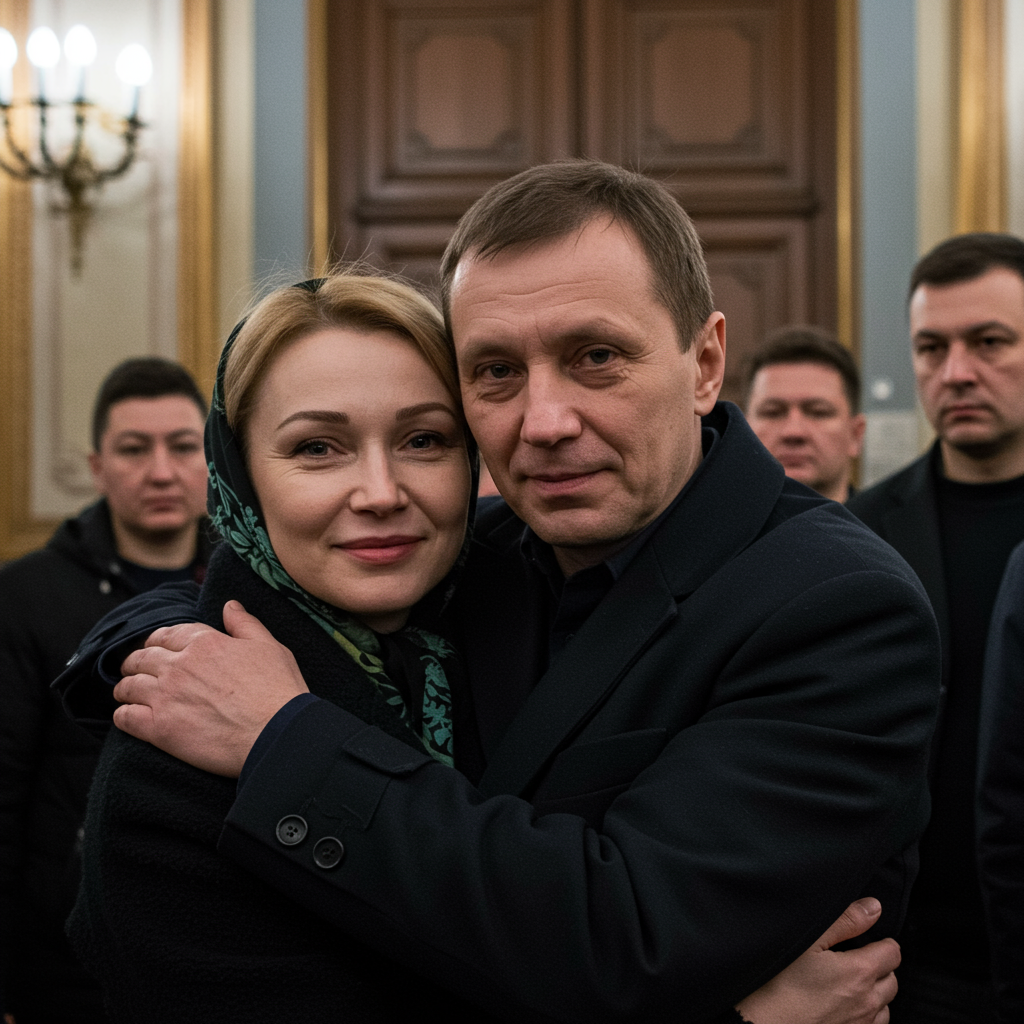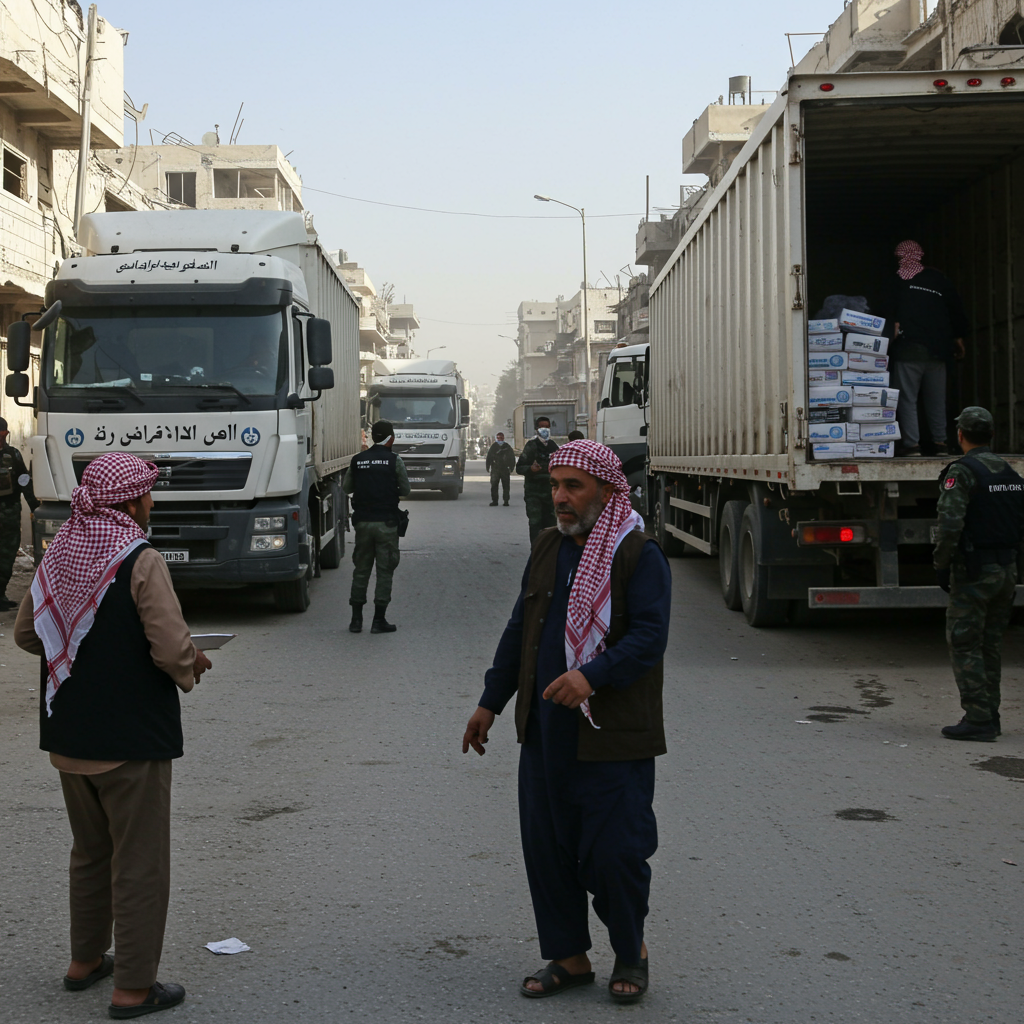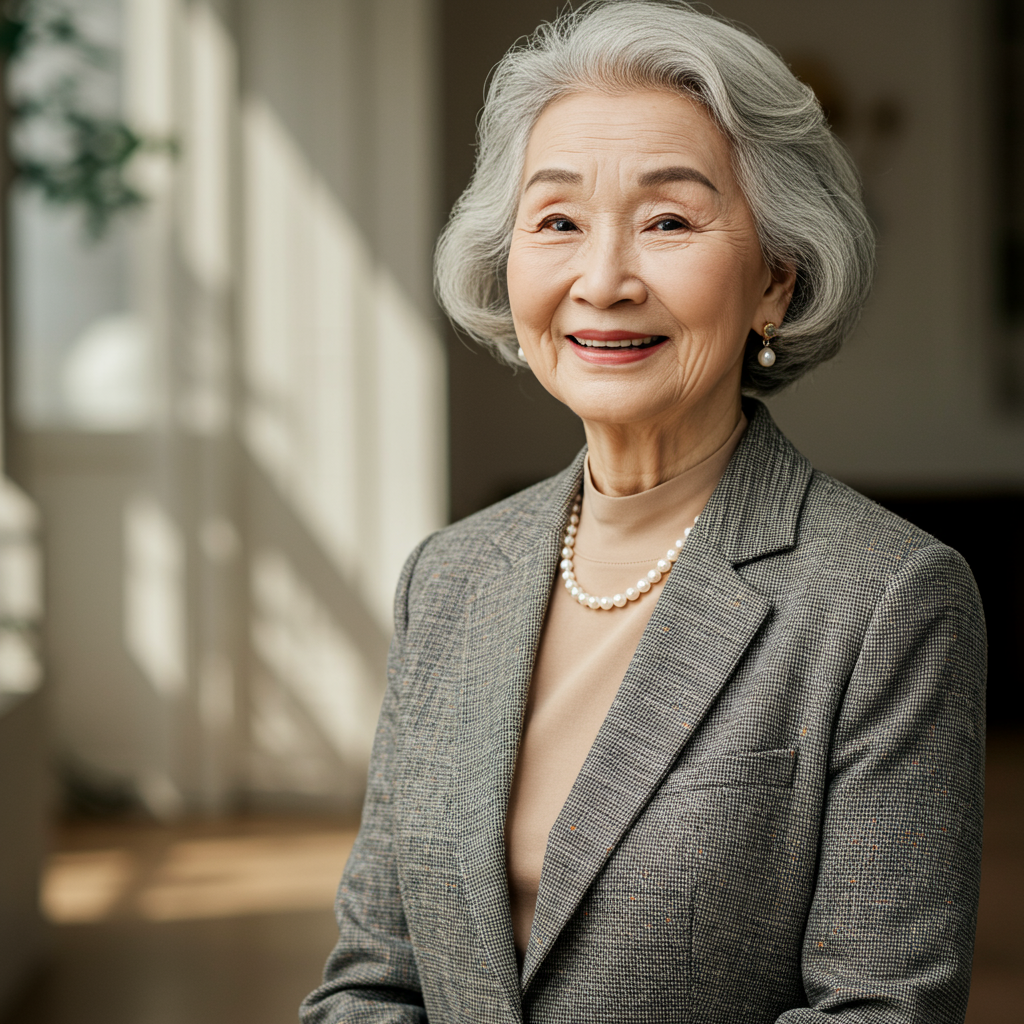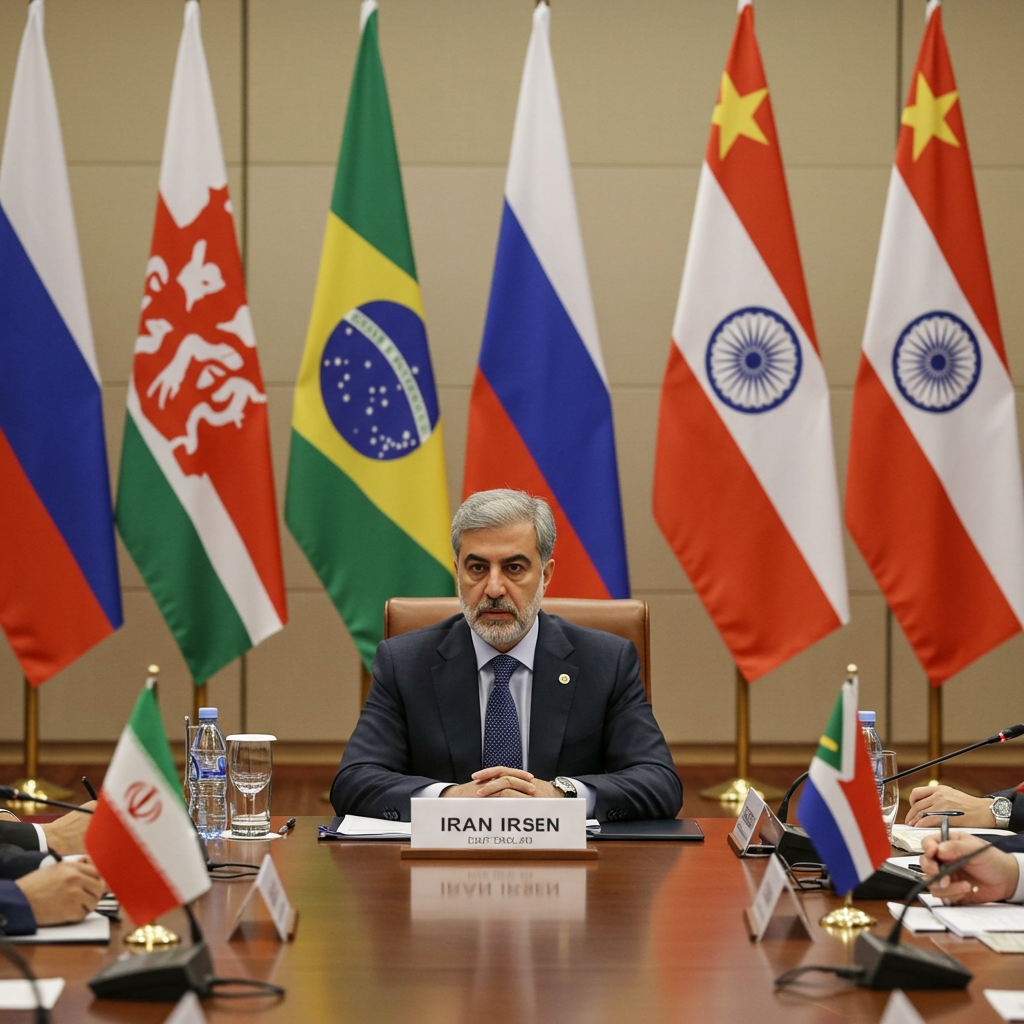In an unexpected development, Siarhei Tsikhanouski, the husband of exiled Belarusian opposition leader Svetlana Tikhanovskaya and a prominent activist in his own right, has been released from prison in Belarus. His freedom came after serving nearly five years of a lengthy sentence, and he has since been transferred to Lithuania and reunited with his wife, who resides in the capital Vilnius while living in exile.
The dramatic news was confirmed by Svetlana Tikhanovskaya herself, who shared a brief video showing their emotional first embrace since 2020. She described the moment as “hard to describe” the immense joy she felt.
From Blogger to Political Prisoner
Siarhei Tsikhanouski, a former video blogger, gained significant popularity in Belarus for his outspoken criticism of authoritarian leader Alexander Lukashenko, famously urging people to “stop the cockroach,” a derogatory term for the long-serving president. Ignoring the risks under a repressive regime, he toured the country, meeting ordinary citizens in town squares and villages to amplify their concerns on social media.
In 2020, Tsikhanouski announced his intention to challenge Lukashenko in that summer’s presidential election. However, he was arrested as he began his campaign. Following his detention, his wife Svetlana, a political novice at the time, stepped into his place and became the unlikely leading figure of the opposition movement.
After a widely disputed election that saw Lukashenko declared the winner, massive protests erupted across Belarus – the largest in the country’s modern history. The regime responded with a brutal crackdown, resulting in tens of thousands of arrests and forcing opposition leaders like Svetlana Tikhanovskaya into exile. Siarhei Tsikhanouski was subsequently sentenced to 18 years in prison in 2021 (a sentence later reportedly extended), convicted on charges including organizing mass protests and inciting hatred, charges widely viewed as politically motivated.
Part of a Larger Release
Siarhei Tsikhanouski was released as part of a group of 14 political prisoners. According to Lithuanian officials and Tikhanovskaya’s office, the group included five Belarusian nationals alongside citizens from other countries, including Japan, Poland, Sweden, Latvia, and Estonia. Among the others released was journalist Ihar Karnei, a correspondent for Radio Free Europe/Radio Liberty, who had been serving a three-year sentence on extremism charges he denied. Another released prisoner was Estonian national Allan Roio, jailed for his work with an NGO supporting Belarusian refugees.
However, Tsikhanouski’s release is undoubtedly the most high-profile due to his prominent role in the 2020 political awakening.
Accounts from those seeing him after his release note a significant change in his physical appearance. While smiling in the reunion video, he appeared emaciated, having lost considerable weight compared to his appearance before his arrest. Despite the physical toll, his senior advisor, Franak Viacorka, noted that Tsikhanouski retained his former energy and passion.
A Release Linked to High-Level Diplomacy?
The timing of the surprise release has drawn significant attention. It occurred shortly before or just hours after US special envoy Keith Kellogg, representing President Donald Trump’s administration, held a rare meeting with Alexander Lukashenko in Minsk. This marked the highest-level engagement between a senior US official and the Belarusian leader in years.
Political analysts suggest the release is likely a strategic move by Lukashenko. Isolated by Western governments since the disputed 2020 election and facing sanctions intensified by Belarus’s support for Russia’s invasion of Ukraine, Lukashenko appears to be attempting to break this international isolation and perhaps seek a softening of penalties.
Some interpret the meeting with Kellogg itself as sufficient reward for Lukashenko, a diplomatic breakthrough that allowed him to engage with a high-level US representative and potentially discuss key issues like the war in Ukraine. There are suggestions the US may have requested Tsikhanouski’s release as a concession for the visit, with Lukashenko’s press secretary reportedly stating the releases came at President Trump’s request. While the possibility of angling for sanctions relief exists, the release is seen by analysts as a “win-win” for Lukashenko in terms of gaining international engagement.
The Shadow of Ongoing Repression
While the release of Siarhei Tsikhanouski and 13 others offers a moment of hope, it starkly highlights the ongoing brutal repression in Belarus. Opposition leader Svetlana Tikhanovskaya herself emphasized that their work is “not finished,” noting that “1,150 political prisoners remain behind bars” and calling for all to be freed. Human rights groups like Viasna estimate that over 1,000 political prisoners are currently held in the country.
Many prominent opposition figures arrested in the 2020 crackdown remain imprisoned, including Nobel Peace Prize laureate Ales Bialiatski (founder of Viasna), former banker Viktor Babaryka (a key rival in the 2020 election), and charismatic protest leader Maria Kolesnikova.
The arbitrary nature of the regime’s actions was underscored by the account of another released prisoner, Natalia Dulina, a 60-year-old professor. She described being suddenly moved from prison, blindfolded with a medical mask, hands cuffed, and driven in disorienting conditions, only realizing she was being released upon reaching the Lithuanian border.
Despite recent pardons and releases of some individuals, the crackdown on dissent continues. Reports indicate the KGB security service pressures citizens to collaborate or flee the country to avoid arrest. Belarus also remains one of Europe’s leading jailers of journalists.
Lukashenko’s decision appears to be a calculated geopolitical maneuver, assessing that the benefits of engaging with the US and potentially easing isolation outweigh the perceived risk of releasing a prominent figure. However, the long-term impact of Siarhei Tsikhanouski’s return to the exiled opposition movement, where his wife is now the internationally recognized leader, remains to be seen and could introduce new dynamics.
For now, the reunion marks a personal victory after years of separation, but the fight for freedom for the hundreds still imprisoned in Belarus continues.




